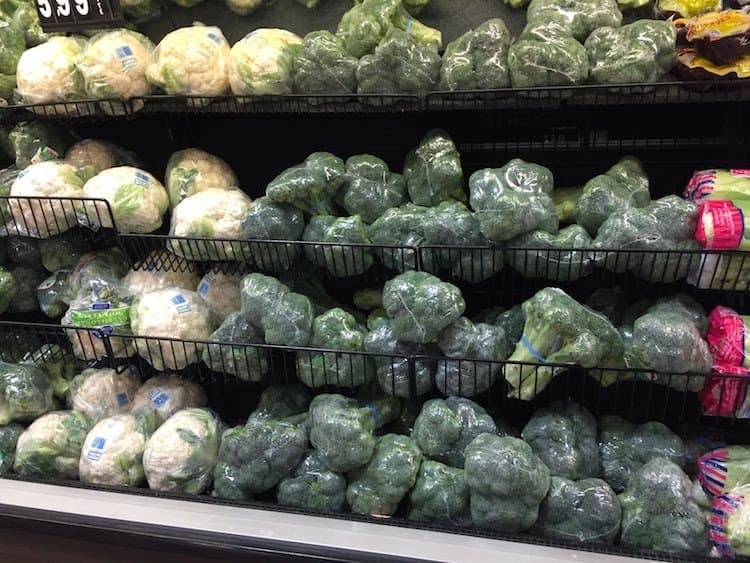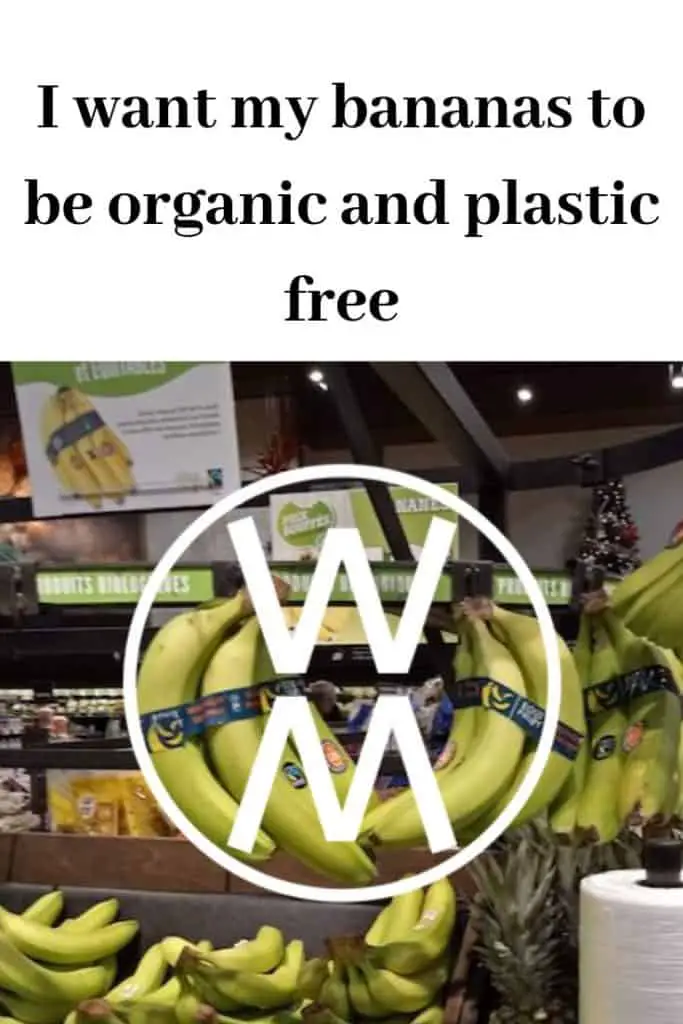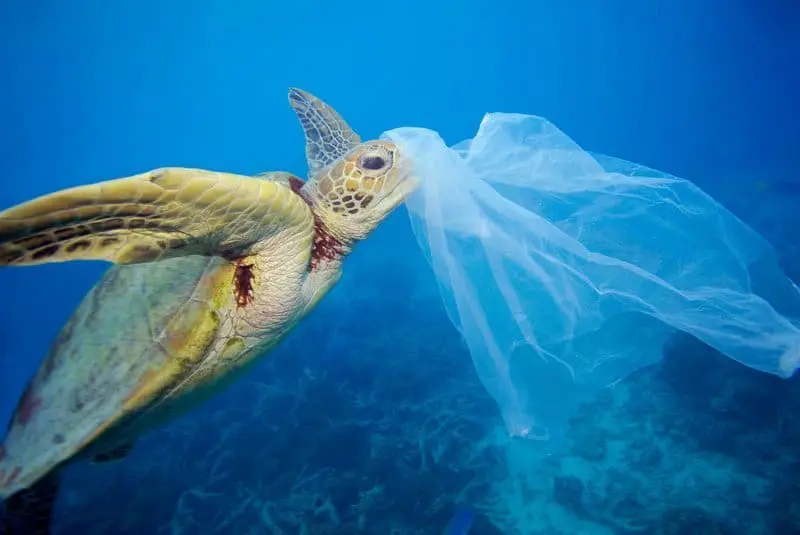We are living in the plastic age, there is no doubt about it. But why would you want to give up plastic? It is the most versatile product in the world, and we clearly love it. So why would I make a list on how to give up plastic?
Let me explain:
Almost all plastics leaches harmful chemicals into the product that it is designed to protect. And surely you have seen the pictures of seabirds and whales filled with plastic. If you haven’t, here is a little reminder video.
But why should I give up plastic, I am not eating it…or am I?
The truth is, we are all ingesting plastic in tiny amounts.
The average human consumes 70.000 pieces of microplastic each year, claims a recent study by WWF. That’s the equivalent of one credit card per week.
Be it through salt, beer, honey, or even our drinking water.
Related: The Dangers of plastic food containers.
How does it affect my health?
Scientists have said it is too early for them to tell what effects plastic consumption has on the human body. But we did a bit more research, and this is what we found:
- Direct toxicity from plastics comes from lead, cadmium, and mercury. These toxins have also been found in many fish in the ocean, which is very dangerous for humans. Diethylhexyl phthalate (DEHP) contained in some plastics, is a toxic carcinogen. Other toxins in plastics are directly linked to cancers, congenital disabilities, immune system problems, and childhood developmental issues.
- Other types of toxic plastics are BPA or health-bisphenol-A, along with phthalates (mentioned above). Both of these are of great concern to human health. BPA is used in many things, including plastic bottles and food packaging materials. Over time, the polymer chains of BPA break down and enter the human body in many ways, from drinking contaminated water to eating a fish exposed to the broken down toxins. Specifically, BPA is a known chemical that interferes with human hormonal function. ~source: serc.carleton.edu
Is it just a hype, or do we really need to change the way we live?
First of all, I didn’t even know about all this stuff. There is a significant industry behind plastic, and they are making billions of dollars with this stuff. Perhaps that’s why we hear so little about the side-effects of plastic?
Secondly, as I am just an average person concerned about paying bills and living my life, I noticed that the supermarkets have now wrapped more and more veggies in plastic.

Broccoli madness at IGA
As a result, I try and buy organic as much as possible, but I noticed that bananas now have a little quite annoying band wrapped around them made from plastic. They each have a sticker, which is mostly paper, but who knows what’s in ink. On top of that, they started putting these little waxy plastic feeling things around the end of the banana?!?

It is supposed to make them last even longer.
Sure, I mean, there is a massive problem with our food system in the first place, like we have bananas all year
“Things that come to mind:” Our bodies don’t need bananas all year round. I think where you live; you should eat what the land can supply you with at the time. I guess you would agree that sending a banana halfway around the world doesn’t do any good to the banana and yourself?
Thirdly, buying locally helps keep the money in the community. Still, people like Kimbal Musk (Elon Musks’ brother) are now trying to get vertical indoor farms in and around the larger cities happening.
I don’t think they are growing bananas yet, but they definitely work for other green veggies and leafy stuff.
If you want to know more about this kind of stuff, check out this video:
What is going on with the spinach?
I believe they try to make a brick from the plastic box they put the spinach in. Now, I am talking about our local IGA supermarket here in Canada, Quebec. That blows my mind. This box is made to outlast a hurricane and an earthquake at the same time.
Should I keep going? Well, I guess you get the point. Our supermarkets need to stop wrapping everything in plastic. We need to stop buying all the plastic-wrapped items.
Here are 7 things we can start to do today for a better tomorrow.
1.
Buy from your local grocer and try to buy seasonal veggies and fruit. (smaller impact on the environment and supporting your local small farmer, not the big boys)
2.
Please bring your own shopping bag (keep the single-use plastic in the shop = save a turtle). Turtles confuse plastic bags in the ocean with their main food supply, jellyfish. They end up starving to death.

3.
Avoid heavily packaged items and if you must, why not unwrap them at the supermarket and let them deal with the trash? (it will force the supermarket to make a change. We, as the consumer, have that power.)
4.
When storing food use a stainless steel container
5.
Get yourself a reusable coffee cup.
6.
Use beeswax wraps to keep your open food fresh.
7.
Say “no thanks” when someone offers you a straw.
As you can tell, these steps are all pretty easy to give up plastic
Where do I get my spinach from now?
Hmm, yeah, to give up plastic, we have to take some small actions that can leave a significant impact. I know it is not easy to change old habits, but when you realize plastic in our tap water and sea salt, you start to wonder how it will affect our children and us?
And then it becomes just a new habit, and while the studies on how plastic in our system aren’t obvious yet. ( simply because studies take years to give some results, and then they might not even be right) Why not take precautions and avoid putting more plastic in our bodies now?
Change is happening
Luckily I feel like there is a movement happening in the right direction. Zero waste shops are popping out of the ground because there is a demand for them. It is showing that we are moving to a plastic
Don’t be fooled; plastic will always be there, but new innovative companies need to develop better solutions.
The technology to make bags and food packaging from seaweed or other natural resources is already there. Yes, they are more expensive now, but as the demand grows, the price drops.
I hope this is a little help for you to start on your journey and give up plastic. If you have any more ideas or suggestions that I haven’t mentioned here, please feel free to reach out to me either via hendrik@zerowasteman.com or in the comments below. I would love to hear from you. Until next time

Another way to reduce our use of plastic is to stop buying milk in plastic bottles. We can have milk delivered in reusable glass bottles by a milkman. This will cost more initially but as demand increases the price decreases. It also creates job opportunities. When I was a child, milkmen used electric-powered milk floats and so caused much less pollution than using vans.
Great input Margaret. I didn’t think about milk since I turned vegan, but you are right. I guess one of the best examples is Loop bringing back the milkman for a vast range of products.